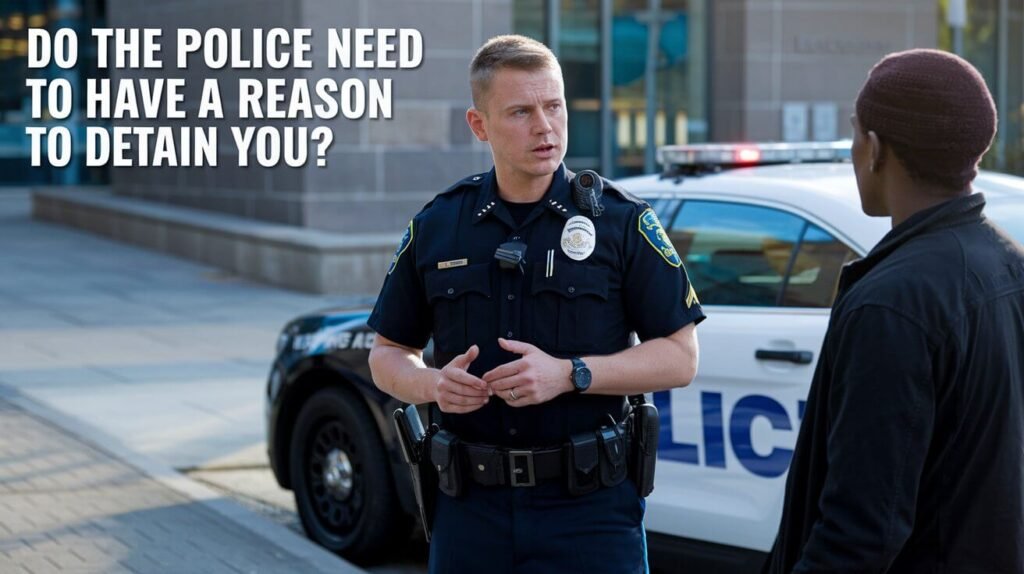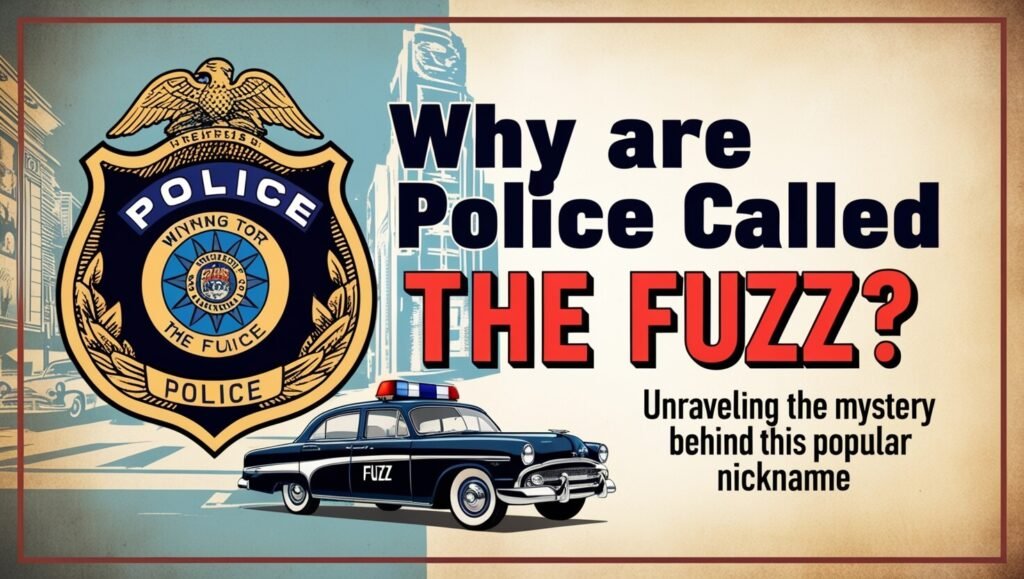Ever wondered why people refer to the police as "12"? Well, buckle up because this is one ride you don't want to miss. It's not just a random number; there's history, culture, and even a little bit of mystery behind it. Let's dive right into it and uncover why the police is called 12. Trust me, by the end of this, you'll be dropping this knowledge like it's hot!
In today's world, where slang and codes rule the streets, understanding why the police is called 12 can give you a deeper insight into how communication works in certain circles. Whether you're a fan of crime dramas or just curious about police jargon, this topic is worth exploring. It's not just about the number; it's about the story behind it.
Now, before we get too deep, let's set the stage. The term "12" didn't just pop out of thin air. There's a legit reason why it stuck around, and it has everything to do with how police officers communicate in the field. So, grab your coffee, and let's unravel the mystery together. Ready? Let's go!
Read also:Connor Cruise Net Worth The Rising Stars Financial Journey
Table of Contents
- The History Behind the Number 12
- How the Term "12" Became Popular
- Police Codes and Their Importance
- The Role of Slang in Police Communication
- Influence of Media on the Term "12"
- Cultural Impact of the Police Code "12"
- Modern Usage of the Term "12"
- Legal Aspects and Misconceptions
- The Future of Police Codes
- Final Thoughts on Why the Police is Called 12
The History Behind the Number 12
Back in the day, before smartphones and fancy gadgets, police officers relied heavily on radio communication. And guess what? Those radios weren't exactly high-tech. They had limited channels, and each channel had its own code. Channel 12 became the standard for police communication in many regions, and that's where the whole "12" thing started.
Now, you might be thinking, "Why 12?" Well, it wasn't chosen randomly. Channel 12 was often reserved for emergency services because it provided clear and reliable communication. Over time, the number stuck, and it became shorthand for the police themselves. It's like how "911" became synonymous with emergency calls—it's all about context and repetition.
Here's a quick timeline to give you a better idea:
- 1930s: Early police radios begin using specific channels for communication.
- 1950s: Channel 12 becomes a common frequency for police departments.
- 1970s: The term "12" starts appearing in pop culture, cementing its place in public consciousness.
How Channel 12 Changed Police Communication
Before channel 12 became the norm, police communication was a mess. Officers had to shout across the streets or rely on unreliable phone lines. Channel 12 changed all that by providing a centralized, secure way for officers to communicate with dispatchers and each other. It was a game-changer, and the impact is still felt today.
How the Term "12" Became Popular
Popularity is a funny thing. Sometimes, something catches on because it's useful, and other times, it's just because it sounds cool. The term "12" falls into both categories. For cops, it was a practical way to refer to their channel. For civilians, especially those in street culture, it became a symbol of authority.
Think about it—when you hear "12," you instantly know what it means. It's shorthand at its finest. And let's be honest, who doesn't love a good shortcut? This is why the term spread like wildfire, especially in urban areas where street smarts are king.
Read also:Youre So Beautiful That Quotes Celebrating Your Inner And Outer Beauty
Street Culture and the Adoption of "12"
In street culture, knowing the lingo is crucial. It's like a secret handshake that says, "I know what's going on." The term "12" became part of that lingo, and it wasn't long before it was used in songs, movies, and even graffiti. It's a testament to how deeply ingrained police codes can become in everyday life.
Police Codes and Their Importance
Police codes are more than just numbers—they're a language. They allow officers to communicate quickly and efficiently without giving away too much information. Imagine trying to explain a situation over the radio without using codes. It would take forever, and the details might tip off the wrong people. That's why codes like "12" are so vital.
But it's not just about convenience. Police codes also help maintain professionalism. Instead of saying, "There's a suspect running down Main Street," an officer can simply say, "10-14 on Main." It's concise, clear, and gets the job done.
Common Police Codes You Should Know
Here are a few other codes that you might find interesting:
- 10-4: Acknowledgment or confirmation.
- 10-20: Location or position.
- 10-33: Emergency or urgent situation.
The Role of Slang in Police Communication
Slang isn't just for teenagers and rappers—it's also a big part of police culture. Officers develop their own jargon to make communication easier, and sometimes, it leaks into the public sphere. The term "12" is a prime example of this. It started as a code but evolved into something much bigger.
Slang also helps officers build camaraderie. When you're in a high-pressure job, having your own language can create a sense of unity. It's like a secret club where only the initiated know the rules. And let's face it, who doesn't love a good inside joke?
Why Slang Works in High-Stress Environments
In high-stress situations, time is of the essence. Slang allows officers to convey complex ideas in just a few words. It's like a verbal shorthand that saves lives. Plus, it adds a bit of personality to an otherwise serious profession. Who says cops can't have fun while doing their jobs?
Influence of Media on the Term "12"
Media has a way of amplifying certain ideas until they become part of the cultural fabric. The term "12" is no exception. Movies, TV shows, and music have all played a role in spreading the word. Think about how many times you've heard "12" in a crime drama or rap song. It's everywhere!
But media isn't just about spreading the word—it's also about shaping perceptions. When you see "12" used in a certain context, it can change how you view the police. For some, it's a symbol of authority. For others, it's a reminder of systemic issues. Either way, media has a powerful influence on how we interpret these codes.
Examples of "12" in Popular Culture
- N.W.A's "F*ck tha Police" references "12" as a symbol of oppression.
- TV shows like "Cops" use "12" to refer to officers on the street.
- Even video games like "Grand Theft Auto" incorporate "12" into their dialogue.
Cultural Impact of the Police Code "12"
Culture is a powerful force, and the term "12" has left its mark. It's not just a number—it's a symbol of power, authority, and sometimes, resistance. Depending on your perspective, "12" can mean different things. For some, it's a sign of protection. For others, it's a reminder of systemic issues.
This duality is what makes "12" so fascinating. It's a code that means different things to different people, and that's what makes it so culturally significant. It's not just about the police—it's about how society views them.
How "12" Reflects Broader Social Issues
The term "12" is often used in discussions about police reform and community relations. It's a reminder that communication is key, and that codes like "12" can either bridge gaps or create divides. It's up to us to decide how we use these symbols and what they mean to us.
Modern Usage of the Term "12"
In the modern era, the term "12" is still going strong. Whether you're scrolling through social media or watching the latest crime drama, you're bound to come across it. But how has it evolved over time? Well, it's become more than just a code—it's a cultural phenomenon.
Today, "12" is used in everything from memes to music. It's a nod to the past but also a reflection of the present. It's a reminder that even in a world of smartphones and social media, old-school codes still hold power.
How Technology is Changing Police Codes
With the rise of technology, police codes are evolving. Officers now have access to advanced communication systems that make codes like "12" less necessary. But that doesn't mean they're going away anytime soon. Codes are more than just practical—they're part of the culture, and culture is hard to change.
Legal Aspects and Misconceptions
When it comes to police codes, there are a lot of misconceptions floating around. Some people think "12" is a secret code that only officers know, but that's not true. It's a public code that's been around for decades. The real issue is how these codes are perceived and used.
Legally, there's nothing wrong with using police codes. They're not classified information, and they're not meant to be secret. The problem arises when people misuse them or spread misinformation. That's why it's important to understand the context behind these codes.
Addressing Misconceptions About "12"
Here are a few common misconceptions about the term "12":
- It's not a secret code—it's a public one.
- It doesn't mean the police are "out to get you."
- It's not a symbol of oppression—it's a tool for communication.
The Future of Police Codes
As technology continues to evolve, so will police codes. But will "12" still be around in 20 years? That's a good question. While new systems may replace some codes, others will stick around because they're ingrained in the culture. Codes like "12" have a way of becoming timeless.
The future of police codes will depend on how technology and culture intersect. Will we see new codes emerge? Will old ones fade away? Only time will tell, but one thing's for sure—codes like "12" will always have a place in the conversation.
Predicting the Evolution of Police Codes
Here are a few predictions for the future of police codes:
- New codes will emerge to reflect changing technology.
- Old codes will remain relevant in certain contexts.
- Culture will continue to shape how codes are used and perceived.
Final Thoughts on Why the Police is Called 12
So there you have it—the story behind why the police is called 12. It's not just a number; it's a symbol of history, culture, and communication. Whether you're a fan of crime dramas or just curious about police jargon, understanding this code can give you a deeper appreciation for how things work behind the scenes.
As we've seen, the term "12" has evolved over time, and it will continue to do so. But one thing remains constant—it's a powerful symbol that means different things to different people. So the next time you hear someone say "12," take a moment to appreciate the history and culture behind it.
And now, it's your turn. What do you think about the term "12"? Do you have any stories or insights to share? Drop a comment below, and let's keep the conversation going. Until next time, stay sharp and keep learning!


